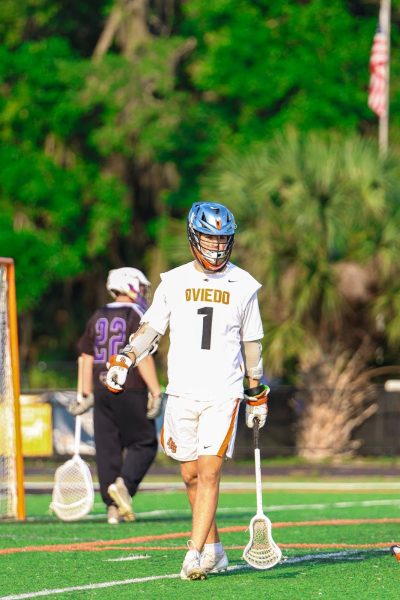Students invest in stock, take part in GameStop surge
This story was originally published in the fifth edition of The Lion’s Tale (March 26, 2021).
In late January, video game retailer GameStop’s stock (ticker symbol: GME) was selling for around just $18 a share, and the company had been experiencing decline for quite some time. Due to the rise of online gaming and the Covid-19 pandemic, the market for purchasing physical games in stores had shrunk, leaving GameStop out to dry.
However, “r/WallStreetBets,” a group of investors on the social media platform Reddit, were about to turn the business’s fortunes around. By teaming up to purchase large amounts of the stock, they caused the value of each share to increase rapidly. Eventually, so many users bought GameStop stock that the value increased from a mere $18 to $347 a share at its highest point, a near twentyfold rise.
The mass purchasing of the stock by Redditors caused a domino effect on Wall Street. Because of the company’s struggles, many high-stakes investors had, prior to these events, essentially bet large sums of money that GameStop shares would continue to fall. In a short sell, a trader borrows a stock and sells it, hoping it will decrease in value so he can buy it back at a lower price and return it to the lender, thus turning a profi t. The sudden increase in Gamestop stock fueled by r/WallStreetBets, known as a short squeeze, caused many professional investors and hedge funds to lose a combined $12.79 billion, as they were forced to close their positions. Meanwhile, some of the biggest winners on Reddit made millions off of their gambit.
The events with GameStop led many to realize that they too could invest money in the stock market. Other companies that have been financially suffering, such as AMC and Blackberry, also saw increases in their stock prices as Redditors attempted to replicate their success. These eff orts served a dual purpose: making the members of the forum a return while hurting the prominent, institutional investors who they perceive to profit at society’s expense.
However, as more and more GME shares were bought, Robinhood, a commission-free stock trading app that many of the small-scale traders were using, blocked users from being able to purchase the stock, causing widespread anger. Although Robinhood later claimed the move was the result of a shortage in funds necessary to execute orders, customers fi led multiple class-action lawsuits against the company.
Here at Oviedo High School, students have been quick to jump on the investing bandwagon. The GameStop incident has inspired students to begin investing their own money into the stock market.
Junior Colin Duncan invested in GameStop with his dad just a day after the campaign to drive up the stock began. Since then, he’s made over $100 selling it. He feels that the GameStop situation was just the beginning of a fundamental change taking shape on Wall Street.
“I think it was the first shakeup that happened,” Duncan said. “I think it was the first time the public realized they could invest and potentially make millions. It proves how different the rich are compared to the poor, especially hedge funds.”
Similarly, junior Varsha Suresh has been investing for the past few months, making around $200 to $300. Despite her profits, she feels that the process can be risky.
“I’d say, choose where to invest very carefully,” Suresh said. “Just because you make a little money doesn’t mean the wisest thing is to sell immediately. By holding, you’re looking at a chance for greater profit.”
She believes careful research can help minimize the risk in trading.
“Research is definitely important when it comes to learning which companies are the best to invest in, as well as when to sell and hold,” Suresh said. “I’m still learning myself but so far, so good.”
Your donation will support the student journalists of Oviedo High School. Your contribution will allow us to purchase equipment and cover our annual website hosting and printing costs. Thank you!

![Prom king Colin Napier and queen Leah Hopkins dance the night away during the Golden Gala on April 26th. Prior to the prom, the Student Government must make many preparations over the course of months in order to ensure it goes off without a hitch. However, their work eventually pays off when it comes time for the dance. “We set up [the prom] the day before, and it’s horrible. We’re there for a very long time, and then we get our beauty sleep, and then we get ready for prom the next day,” Aubrie Sandifer said.](https://oviedojournalism.com/wp-content/uploads/2025/05/Oviedo-197-800x1200.jpg)

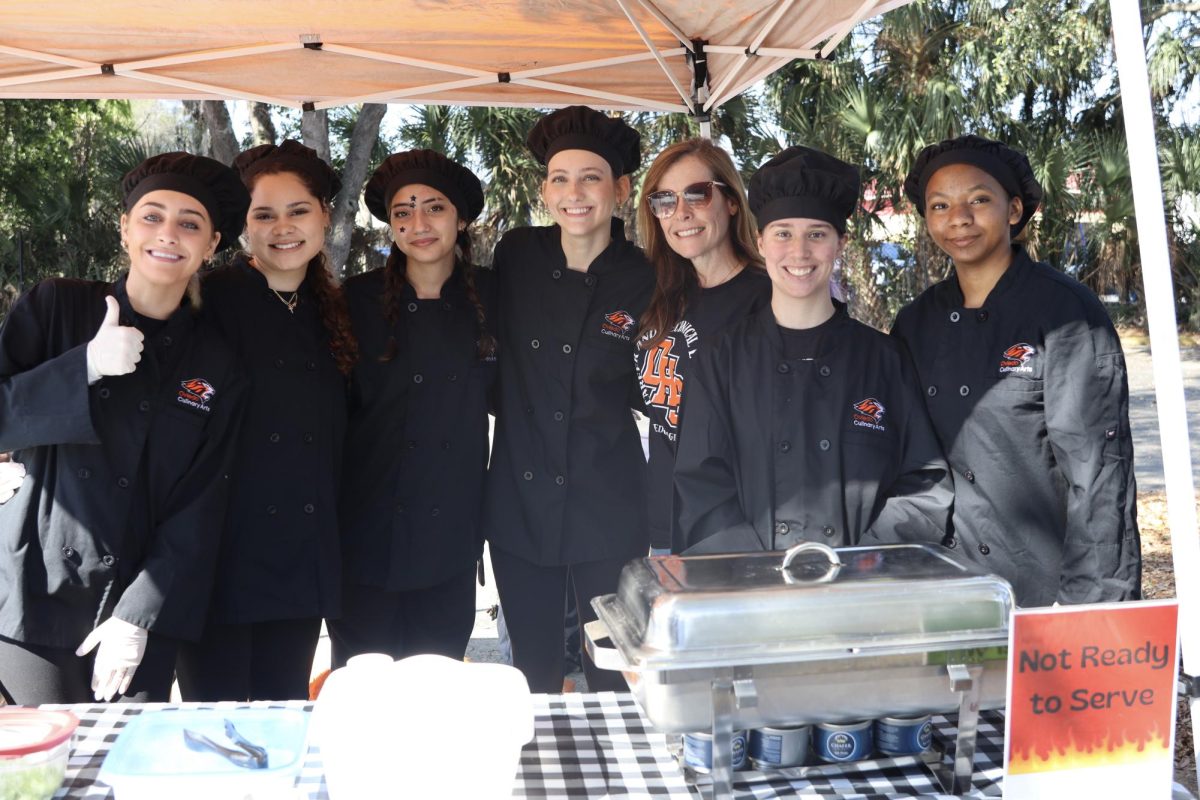
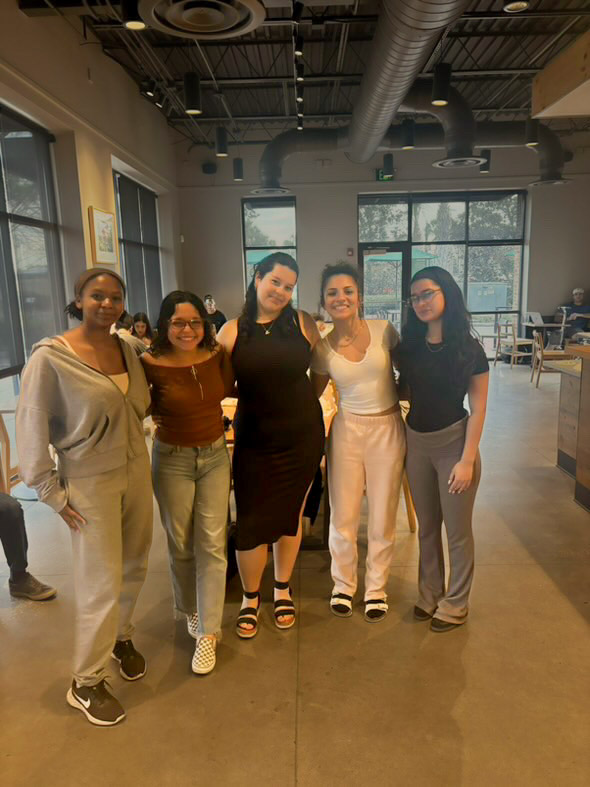



![Hopkins at Honor Grad with golf coach John McKernan. As Hopkins’ golf coach for the last two years he has seen Hopkins’ growth as a player and person along with their contributions to the team. “[Hopkins] has just been really helpful since I took [the golf team] over, just anything I wanted to do I ran by [Hopkins],” said McKernan.](https://oviedojournalism.com/wp-content/uploads/2025/05/B66A7760-800x1200.jpg)
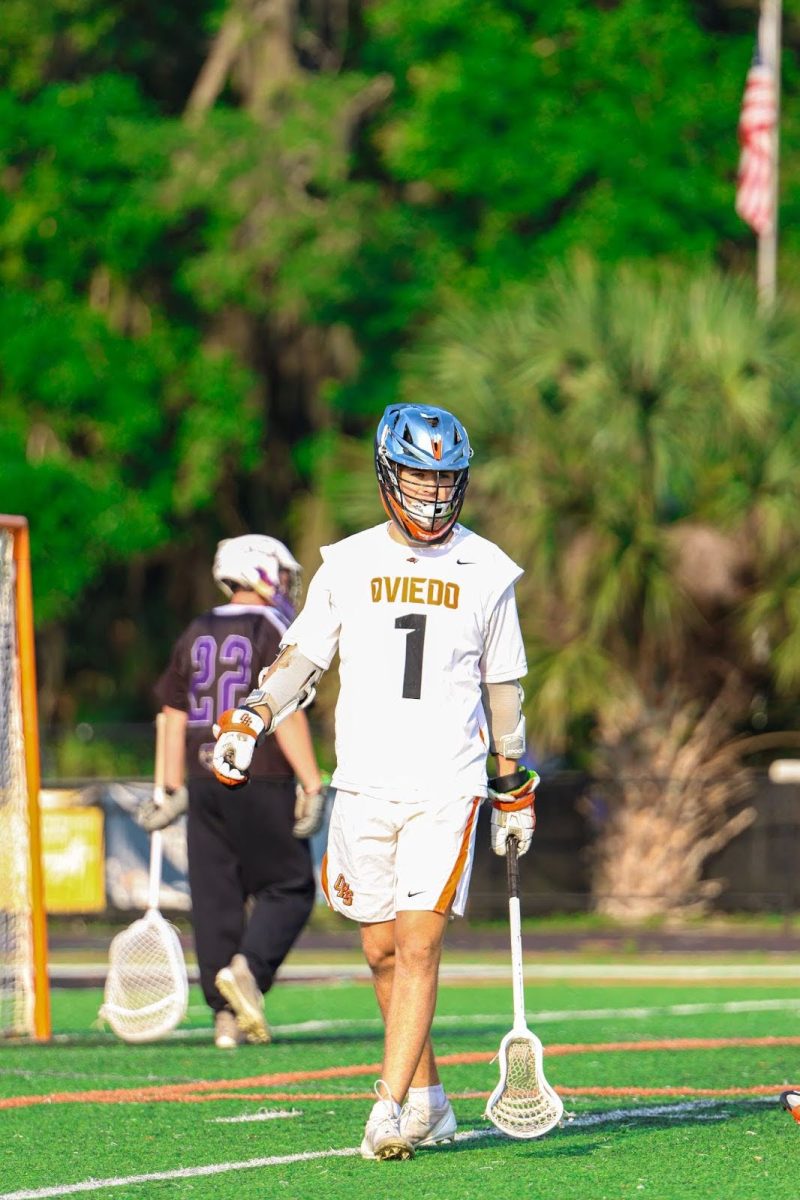
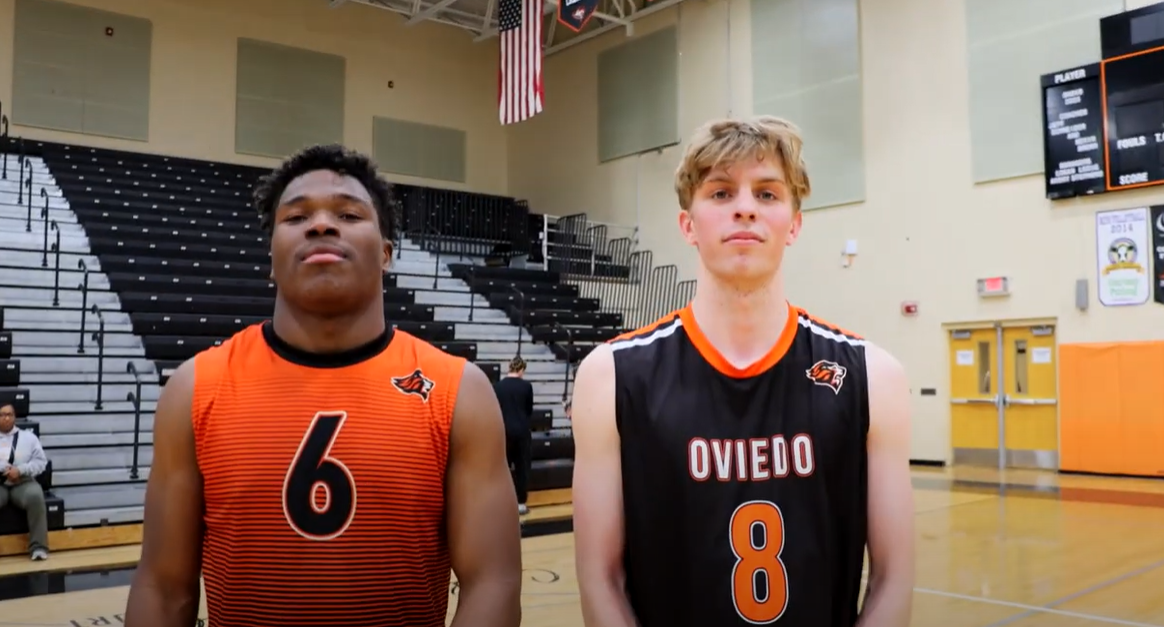
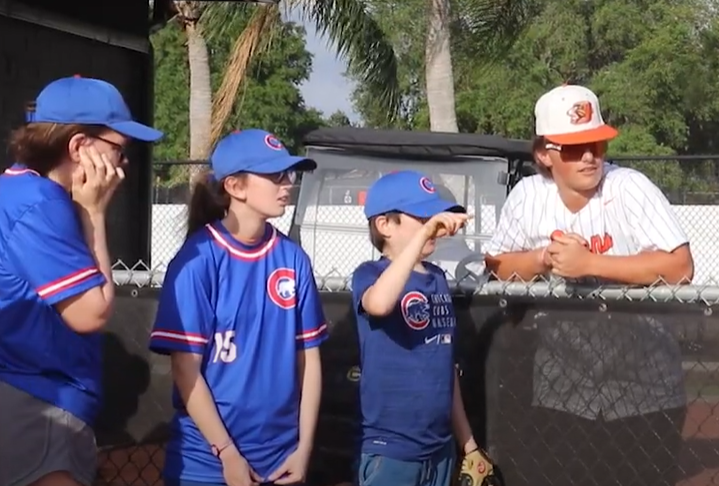
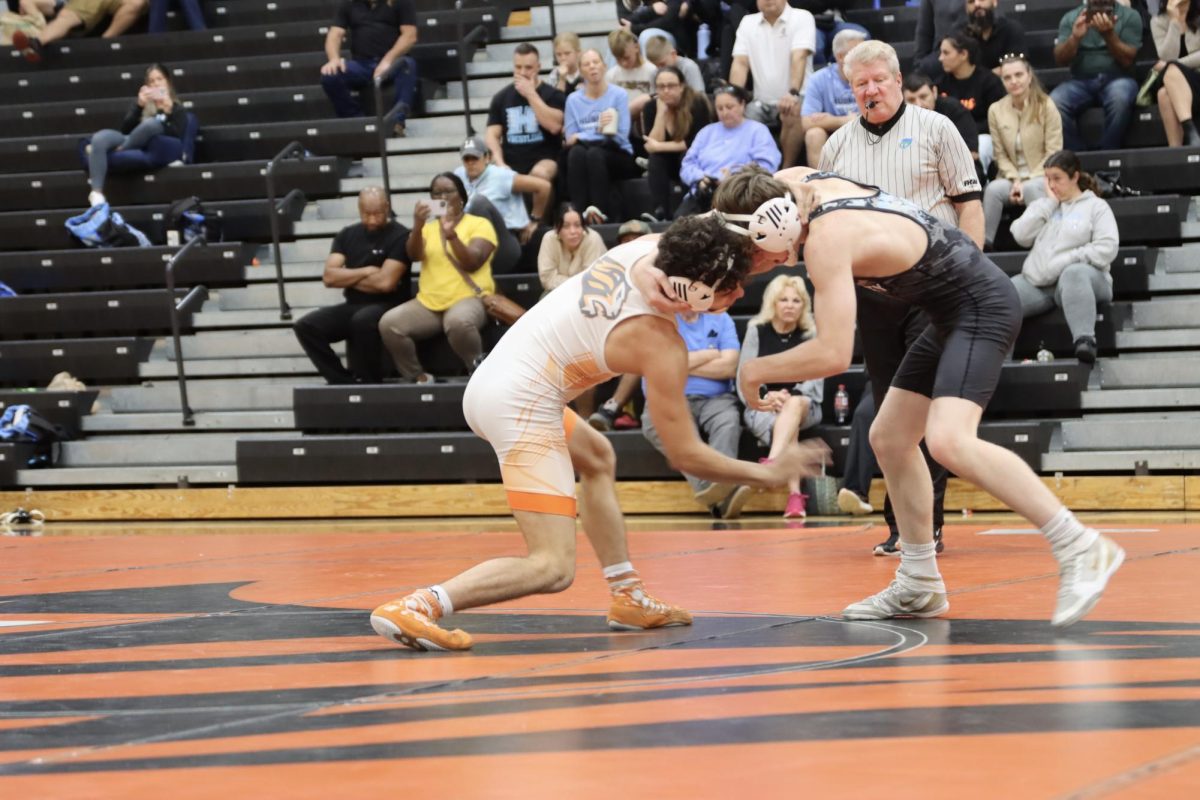
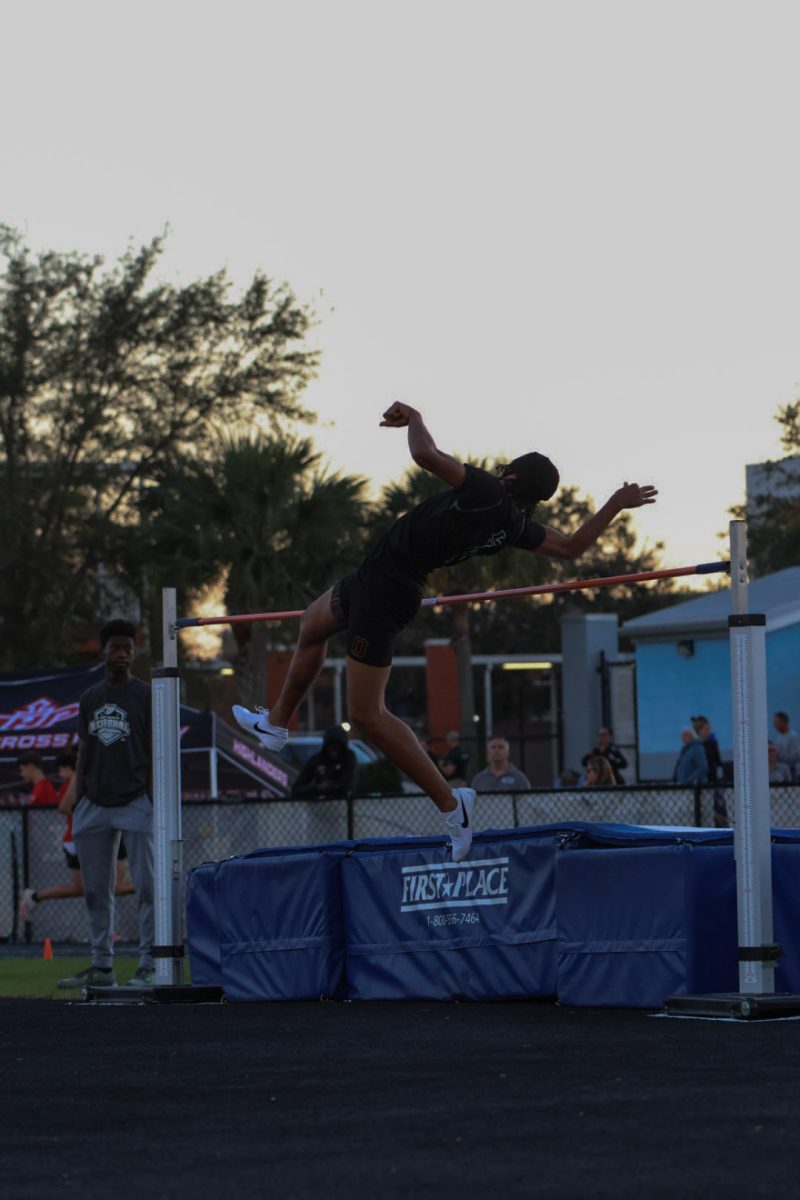

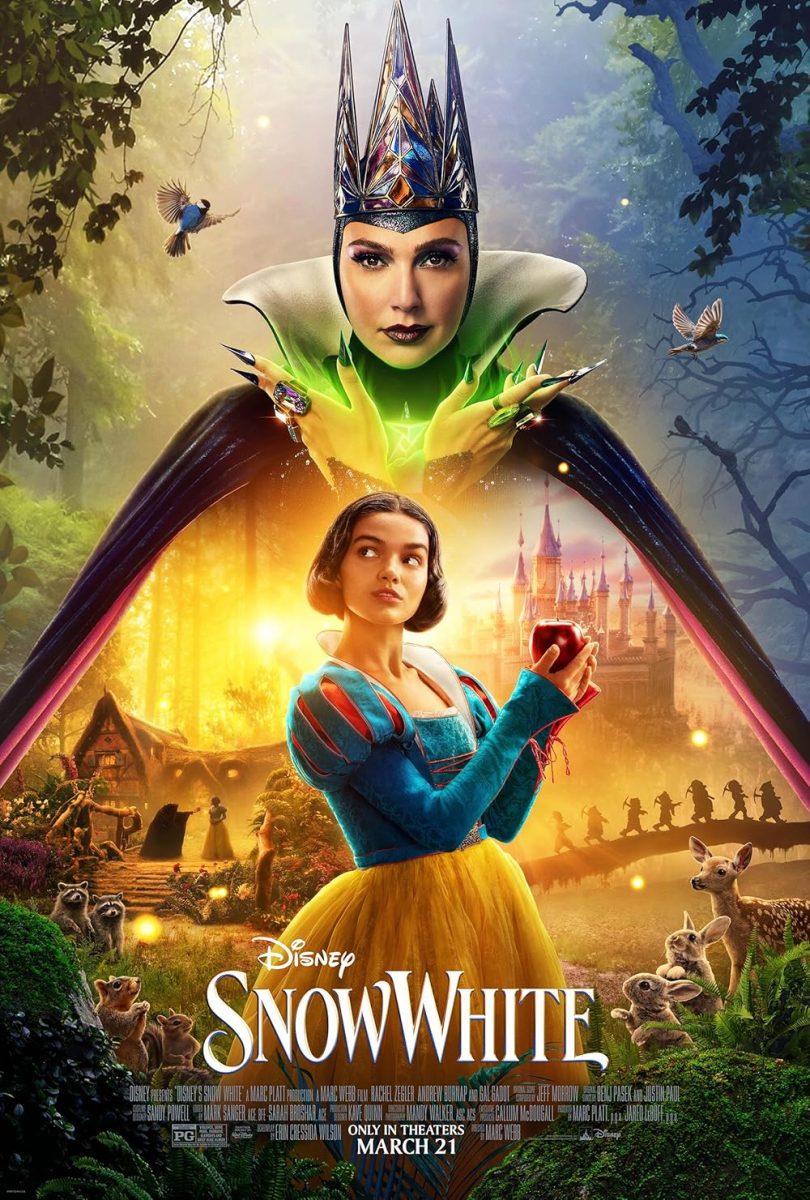





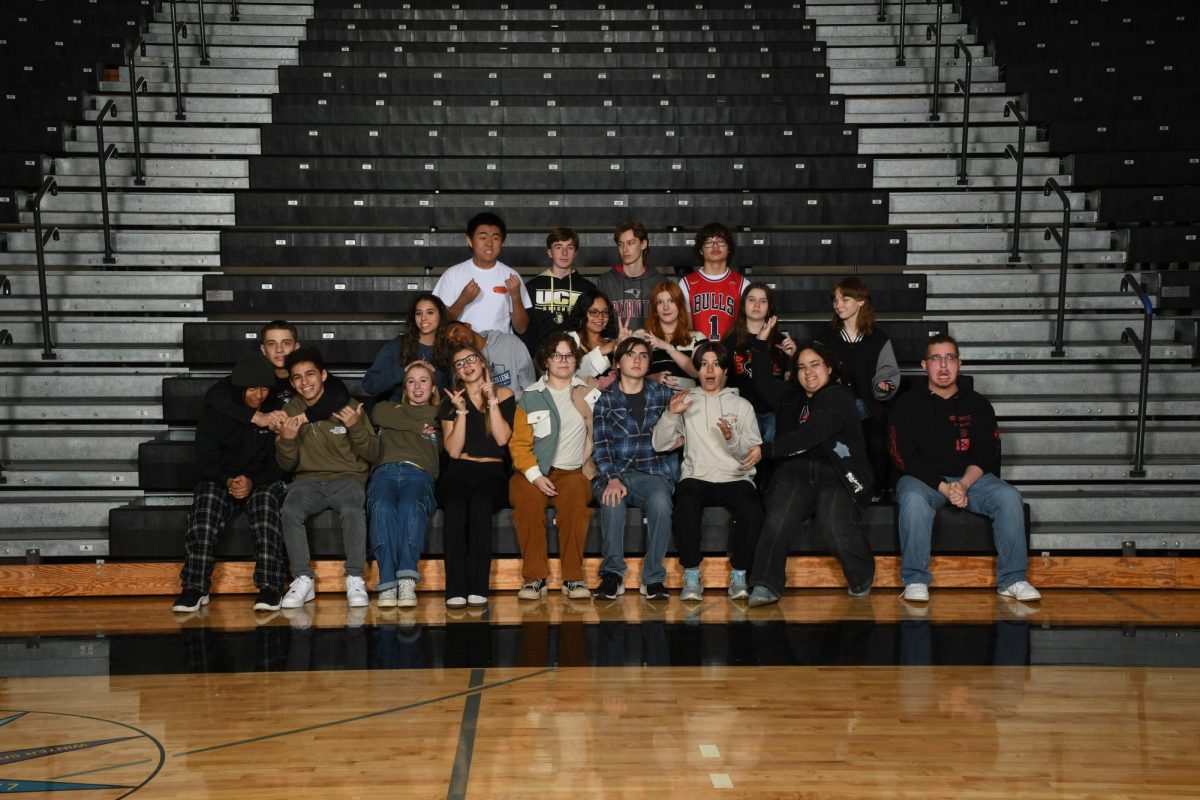
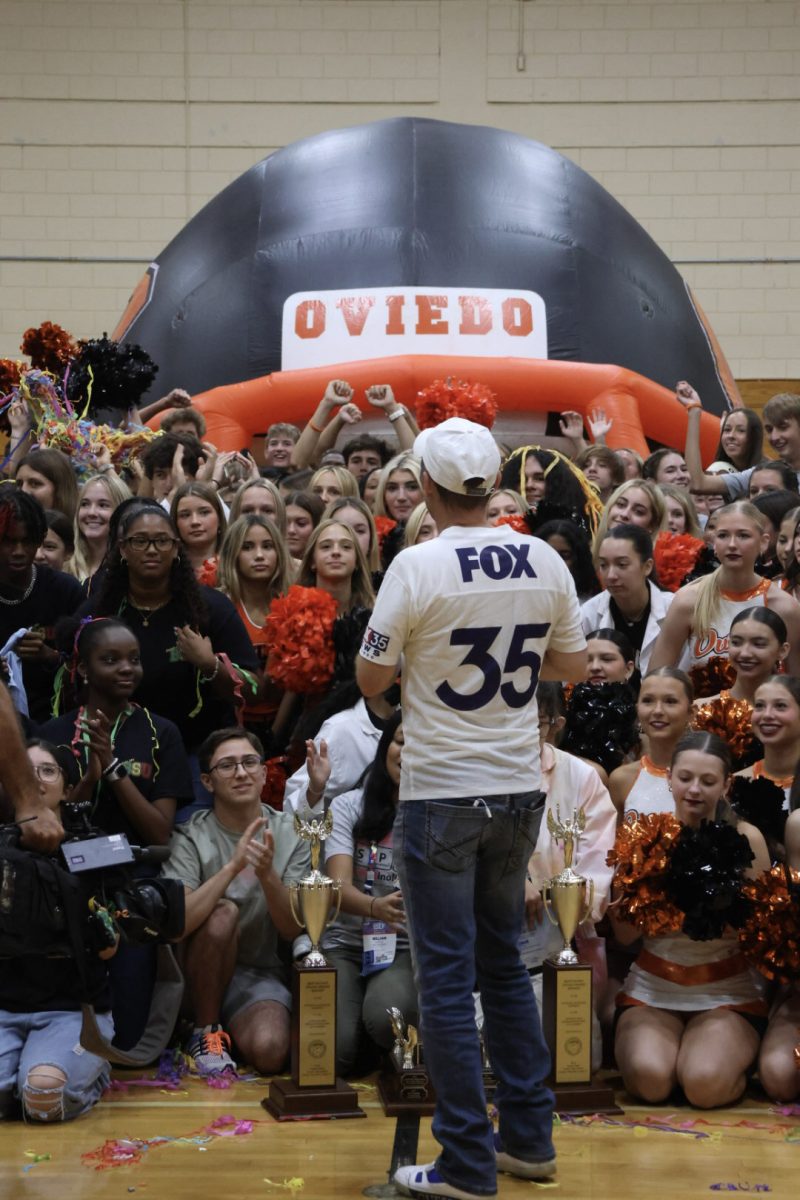
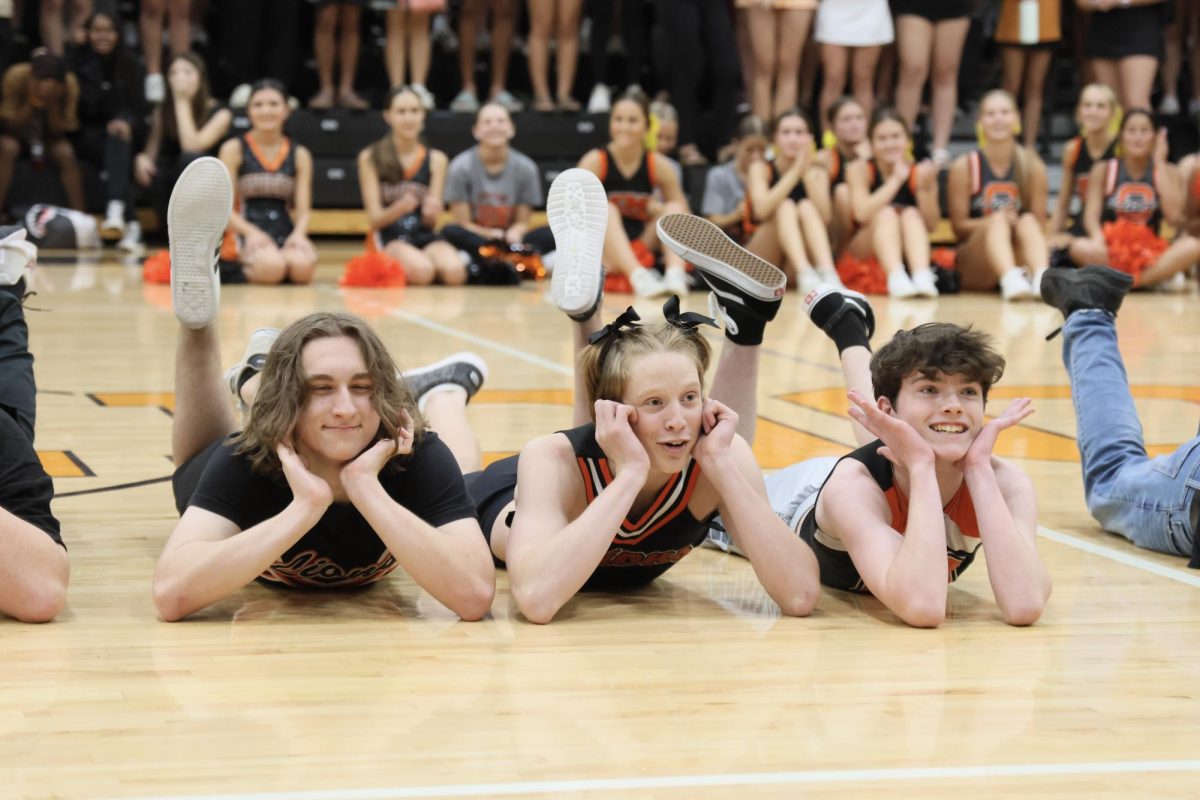













![Prom king Colin Napier and queen Leah Hopkins dance the night away during the Golden Gala on April 26th. Prior to the prom, the Student Government must make many preparations over the course of months in order to ensure it goes off without a hitch. However, their work eventually pays off when it comes time for the dance. “We set up [the prom] the day before, and it’s horrible. We’re there for a very long time, and then we get our beauty sleep, and then we get ready for prom the next day,” Aubrie Sandifer said.](https://oviedojournalism.com/wp-content/uploads/2025/05/Oviedo-197-400x600.jpg)
![Hopkins at Honor Grad with golf coach John McKernan. As Hopkins’ golf coach for the last two years he has seen Hopkins’ growth as a player and person along with their contributions to the team. “[Hopkins] has just been really helpful since I took [the golf team] over, just anything I wanted to do I ran by [Hopkins],” said McKernan.](https://oviedojournalism.com/wp-content/uploads/2025/05/B66A7760-400x600.jpg)
